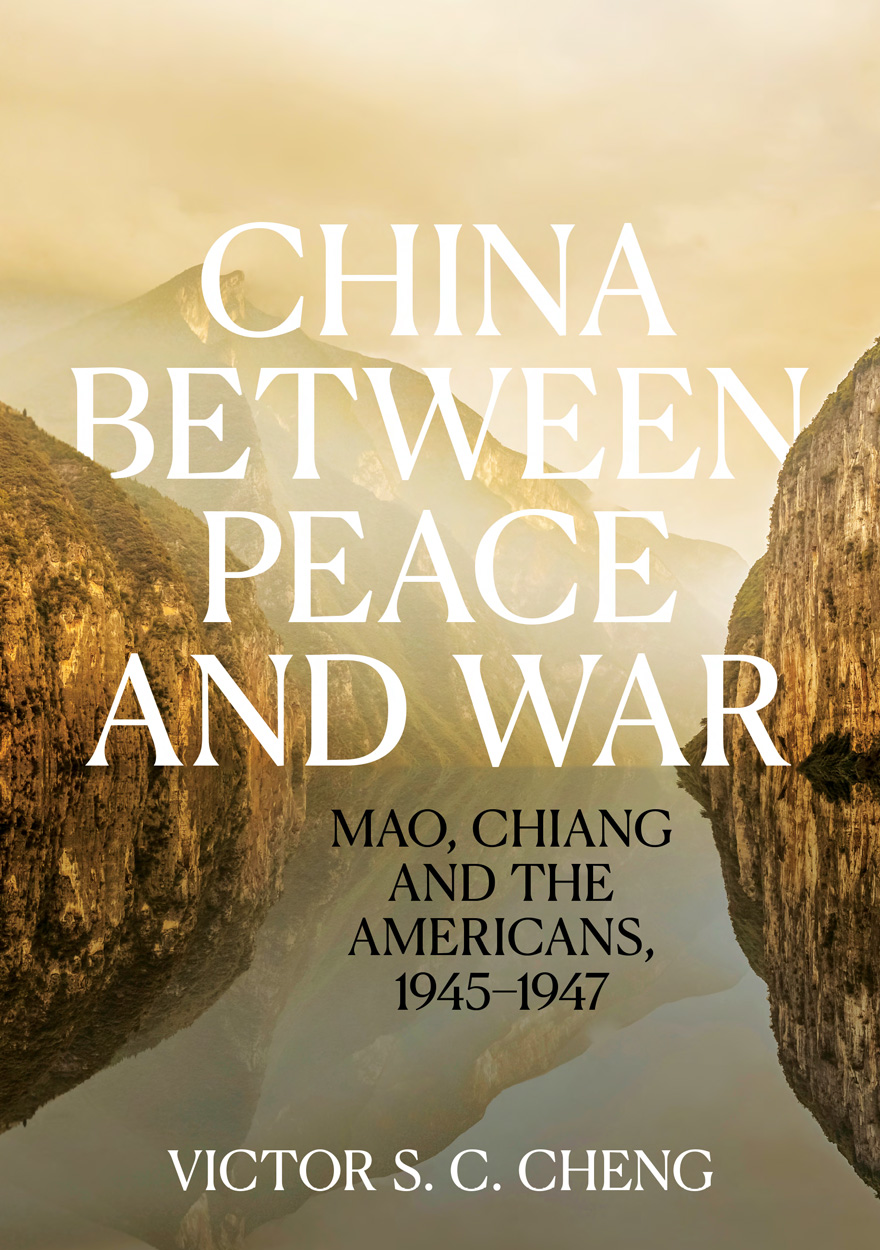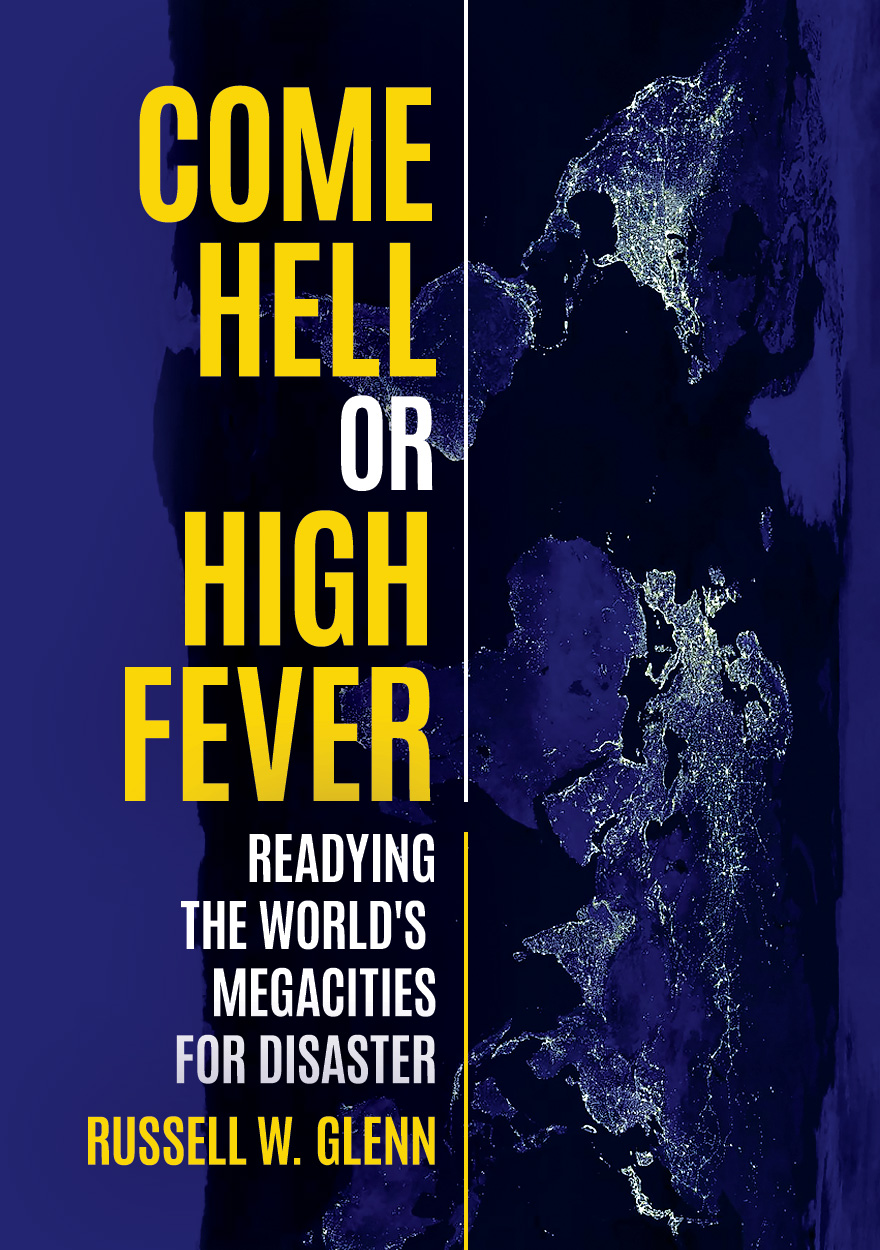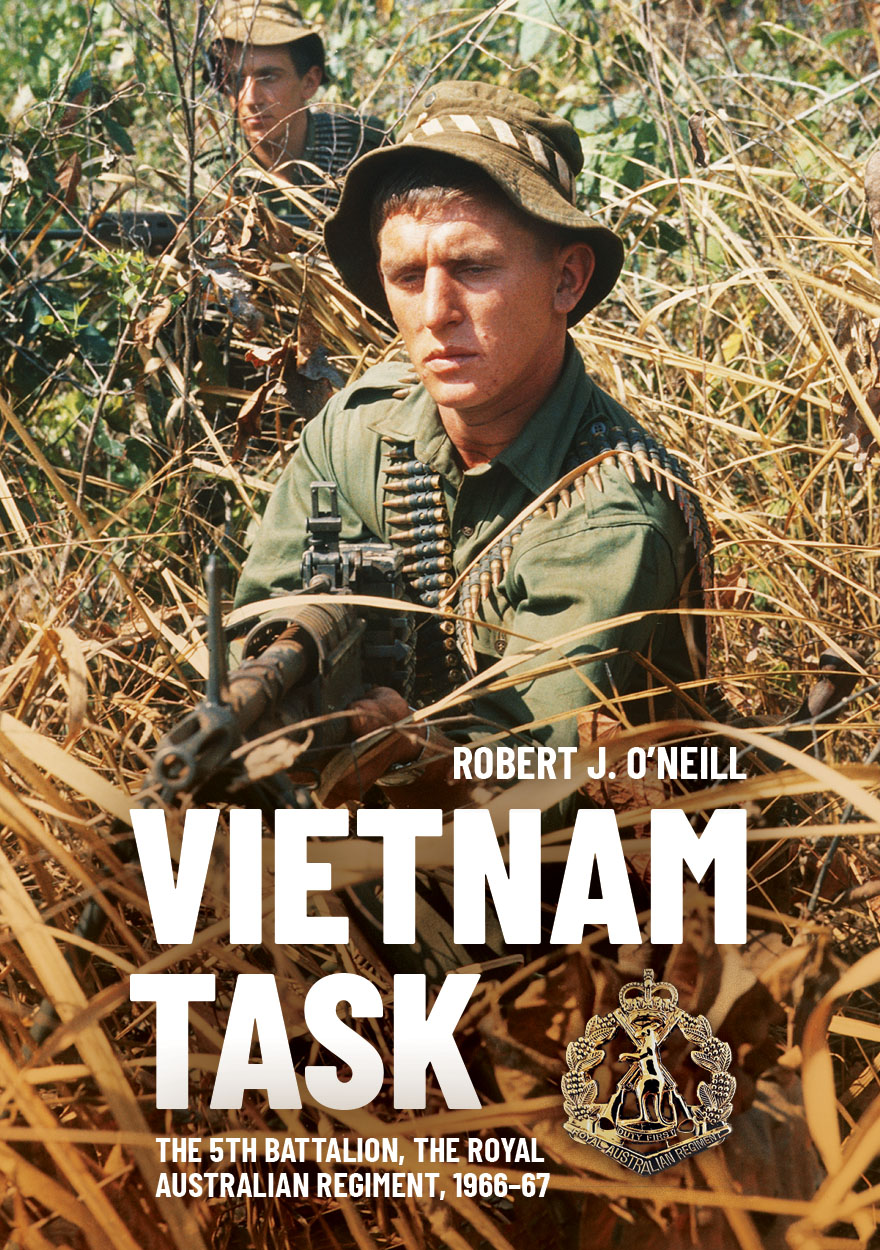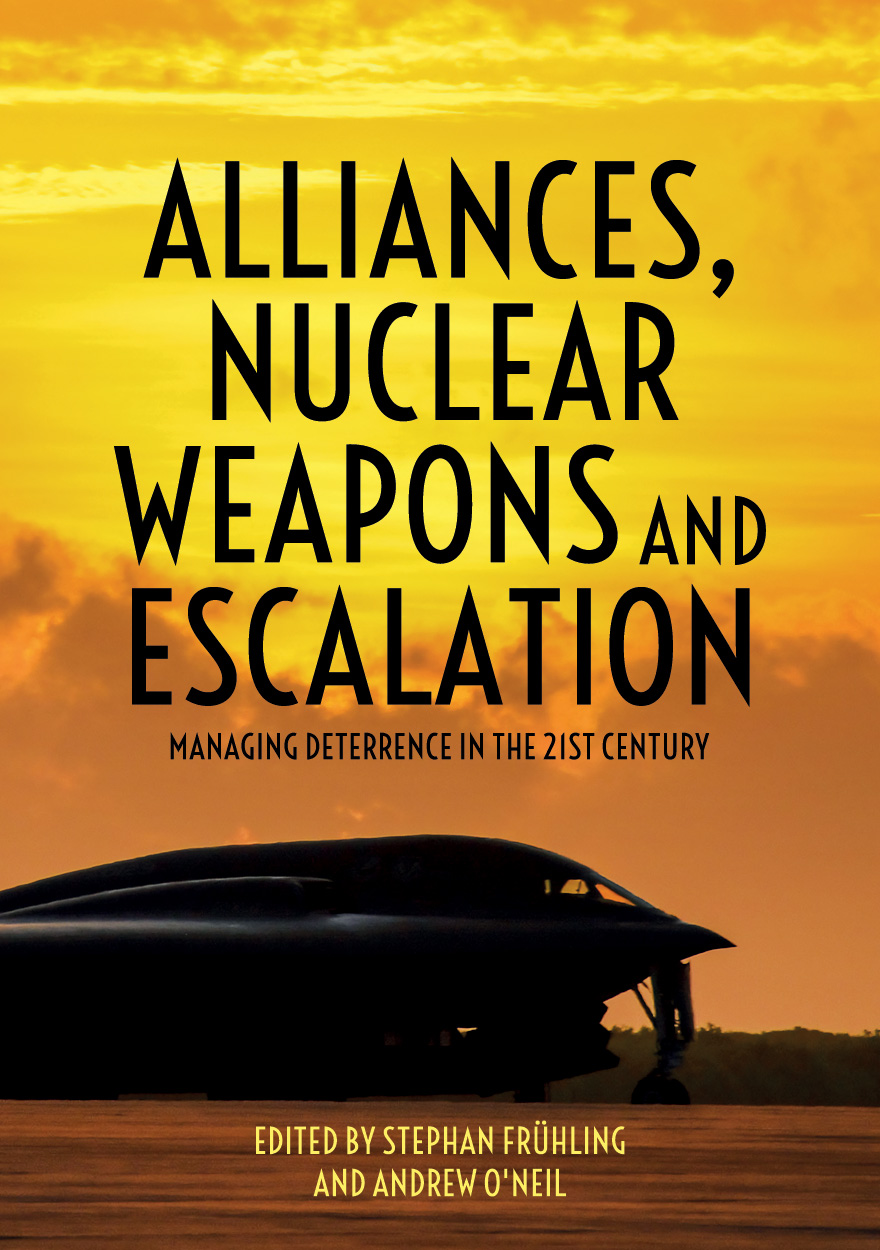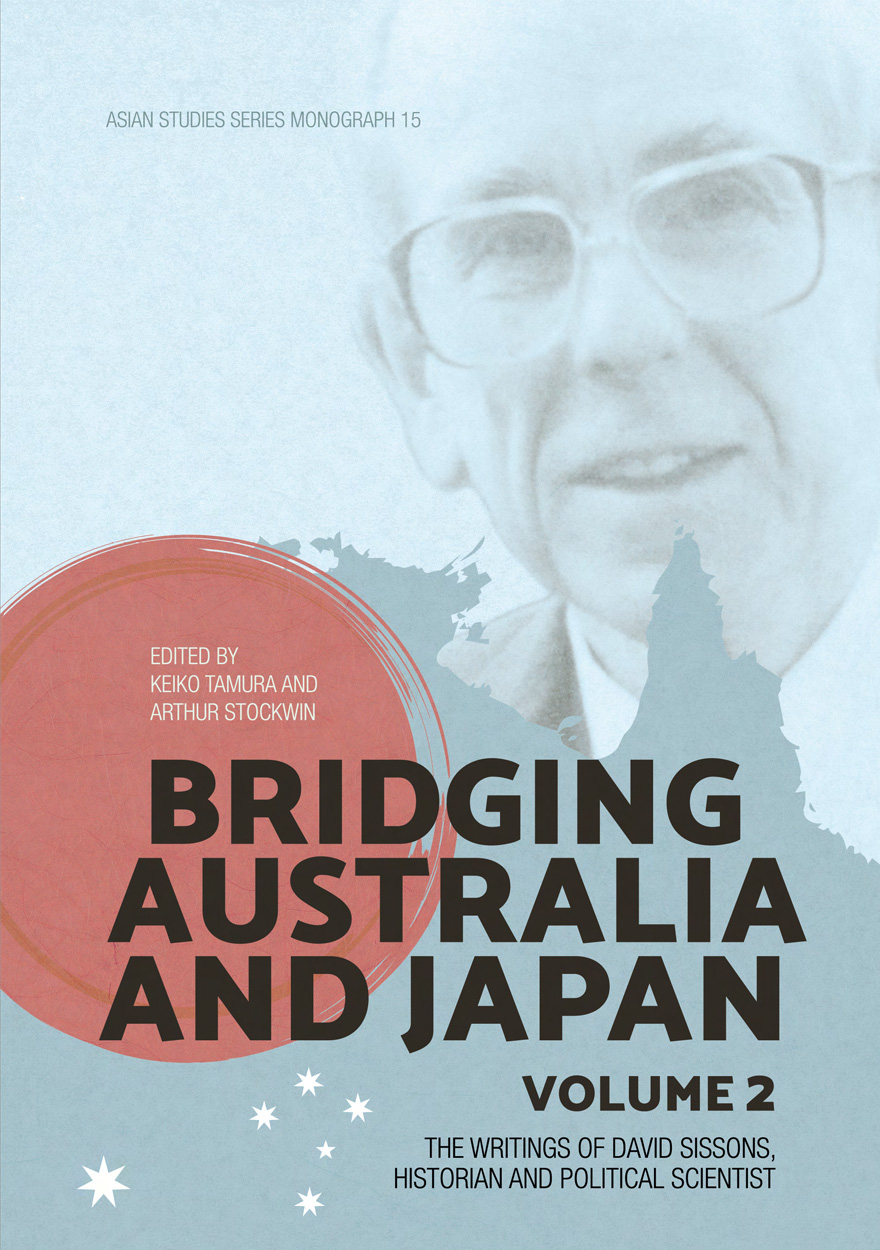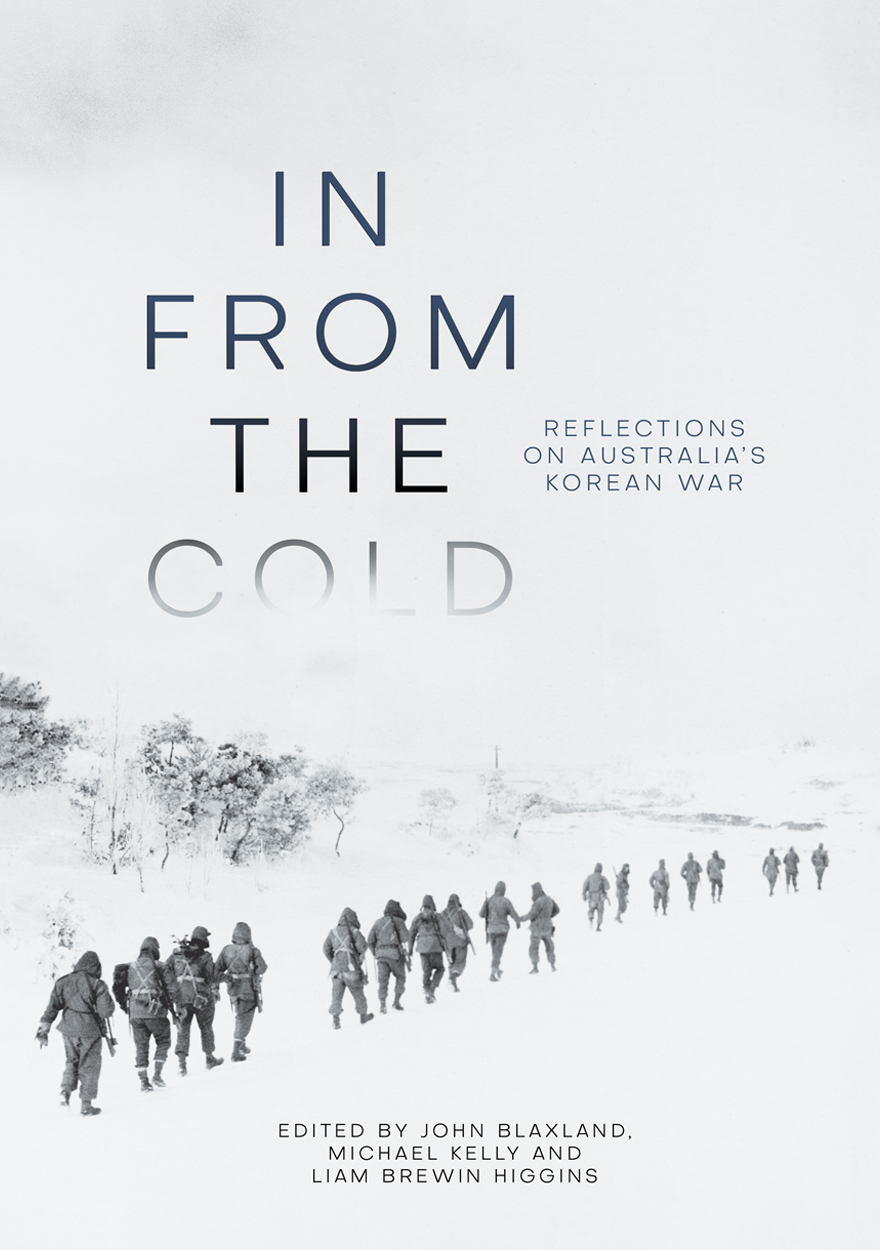
Civil Society and Transitional Justice in Asia and the Pacific
Edited by: Lia KentPlease read Conditions of use before downloading the formats.
Description
Over the last two decades, civil society has helped catalyse responses to the legacies of violent conflicts and oppressive political regimes in Asia and the Pacific. Civil society has advocated for the establishment of criminal trials and truth commissions, monitored their operations and pushed for take-up of their recommendations. It has also initiated community-based transitional justice responses. Yet, there has been little in-depth examination of the breadth and diversity of these roles. This book addresses this gap by analysing the heterogeneity of civil society transitional justice activity in Asia and the Pacific.
Based upon empirically grounded case studies of Timor-Leste, Indonesia, Cambodia, Myanmar, Bougainville, Solomon Islands and Fiji, this book illustrates that civil society actors can have different – and sometimes competing – priorities, resources and approaches to transitional justice. Their work is also underpinned by diverse understandings of ‘justice’. By reflecting on the richness of this activity, this book advances contemporary debates about transitional justice and civil society. It will also be a valuable resource for scholars and practitioners working on Asia and the Pacific.
Details
- ISBN (print):
- 9781760463281
- ISBN (online):
- 9781760463298
- Publication date:
- Nov 2019
- Imprint:
- ANU Press
- DOI:
- http://doi.org/10.22459/CSTJAP.2019
- Series:
- Pacific Series
- Disciplines:
- Social Sciences: Military & Defence Studies, Politics & International Studies
- Countries:
- Pacific: Fiji, Timor-Leste, Solomon Islands; Southeast Asia: Burma/Myanmar, Cambodia
PDF Chapters
Civil Society and Transitional Justice in Asia and the Pacific »
Please read Conditions of use before downloading the formats.
If your web browser doesn't automatically open these files, please download a PDF reader application such as the free Adobe Acrobat Reader.
To copy a chapter DOI link, right-click (on a PC) or control+click (on a Mac) and then select ‘Copy link location’.
- Preliminary pages (PDF, 0.3MB)
- Abbreviations (PDF, 0.1MB)
- Introduction: Civil society and transitional justice in Asia and the Pacific (PDF, 0.2MB) – Lia Kent, Joanne Wallis and Claire Cronin
Part 1 – Timor-Leste and Indonesia
- Rethinking ‘civil society’ and ‘victim-centred’ transitional justice in Timor-Leste (PDF, 0.2MB) – Lia Kent doi
- Justice within the National Imaginary: Civil society and societal transition in Timor‑Leste (PDF, 0.2MB) – Damian Grenfell doi
- The omnipresent past: Rethinking transitional justice through digital storytelling on Indonesia’s 1965 violence (PDF, 0.2MB) – Ken Setiawan doi
Part 2 – Cambodia and Myanmar
- The evolution of Cambodian civil society’s involvement with victim participation at the Khmer Rouge trials (PDF, 0.4MB) – Christoph Sperfeldt and Jeudy Oeung doi
- Showing now: The Bophana Audiovisual Resource Centre and the Extraordinary Chambers in the Courts of Cambodia (PDF, 1.5MB) – Rachel Hughes doi
- Myanmar’s transition without justice (PDF, 0.2MB) – Catherine Renshaw doi
Part 3 – The Pacific Islands
- The role played by reconciliation in social reconstruction in Bougainville (PDF, 0.2MB) – Joanne Wallis doi
- Between kastom, church and commercialisation: Reconciliations on Bougainville as a form of ‘transitional justice’? (PDF, 0.3MB) – Volker Boege doi
- Vernacularising ‘child rights’ in Melanesian secondary schools: Implications for transitional justice (PDF, 0.2MB) – David Oakeshott doi
- Mis-selling transitional justice: The confused role of faith-based actors and Christianity in Solomon Islands’ Truth and Reconciliation Commission (PDF, 0.2MB) – Claire Cronin doi
Reviews
‘The volume provides an overview of transitional justice practices in Asia and the Pacific, which is rich with examples of the different roles civil society might play in transitional justice processes – from supportive and mediatory to competitive or even hostile. The distinction between international human rights organizations, grass roots organizations, and religious organizations demonstrates not only the set of different actors and their engagement in the field of transitional justice but also different concepts of justice and norms, enriching our understanding of the global transitional justice field. Importantly, it points out that human rights, as the lingua franca of international organizations, must be rethought in relation to local norms, customs, and practices when investigating societal processes. Finally, the chapters also attest that these translations are troublesome and full of tensions, while often leading to productive exchanges, showing that diversity of actors and multiplicity of voices might enrich the transitional justice processes.’
– Katarina Ristic, Connections, 2022
Other publications that may interest you




